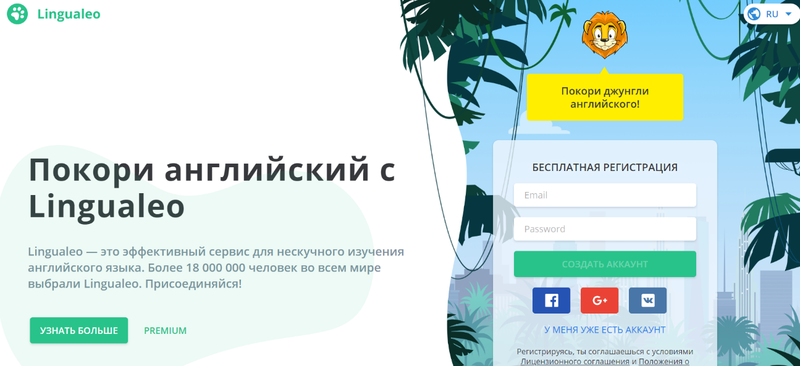e-Learning Ecologies MOOC’s Updates
Virtual schools as a pillar of ubiquitous learning
Nowadays, the term “virtual schools” (also known as online schools, or e-schools, or cyber-schools) is rather wide-spread all over the educational society. What usually implied here is an educational institution that teaches students not physically in classrooms, when the time and space is fixed, but with the help of new technologies such as the Internet (Visser et al., 2012).
Thus, the delivery of knowledge happens through online learning materials and self-paced courses or web forums instead of physical interaction between a teacher and her/his students (ibid).
To start with, online education as well as online schools were criticised in 1990th, especially by psychologists. The reason for those negative attitudes was that psychologists did not believe online schools were something real. Consequently, isolation from the peers and loneliness were predicted to cause social immaturity and, eventually, serious troubles in adult live.
However, the perception of virtual learning has become much better recently. Today’s generation is so into technologies, that anyway they communicate with each other offline less than they used to. Instead – they write a lot and read a lot.
Thus, virtual schools are a logical result of scientific and technological progress. They have ample advantages recognised by scholars and meet the requirements of the XXI century (Roblyer and Lloyd, 2008).
First of all, online schools were the only effective way to stop school bullying since the students are never all together in the same place. Secondly, online schools help to save time that students used to spend on travelling to and from classes. Moreover, online studying is a great opportunity to study at your own pace without need to keep up with the pace of others.
Thereafter, we can talk ample time about the advantages of online learning, but the actual example would worth a thousand words. So, in conclusion, I want to illustrate the efficiency of online learning with a real life example. The example is from my own experience – I used to improve my English with an online school. Th school is called “Lingualeo” and it offers students all over the world the chance to study the English language – wherever they want and whenever they want. Sounds like a perfect example of ubiquitous learning in action, doesn`t it?
As for me, I was preparing for the IELTS exam with this online school. I found it more convenient as the classes were not fixed in terms of time and I had a chance to study in the evening or in the night, at my own pace. When I needed, I could contact the technical support or the teachers of the school, and they would have helped me with anything bothering me.
In other words, my own experience of studying in online school was a success. However, of course, it depends from person to person and everyone should decide for themselves. But I strongly agree with those who believe that virtual schools are future. Future and individual’s self-development.
Some useful links:
- http://www.diasporanews.com/2018/01/18/virtualnaja-shkola-chto-jeto-i-komu-podhodit/ (in Russian)
- http://core-ed.org/legacy/thought-leadership/ten-trends/ten-trends-2013/ubiquitous-learning
- https://www.edsurge.com/news/2017-11-14-a-virtual-school-compensation-model-based-on-student-completion-rates-raises-eyebrows
- https://www.gloucestershire.gov.uk/vschool/about-us/how-the-virtual-school-works/
- https://www.usnews.com/education/online-education/articles/2009/04/02/online-education-offers-access-and-affordability
- http://lingualeo.com/ru (the resource mentioned in the article)
Reference list:
- Allan, J., MacCreadie, A., and MacCreadie, T. (2010) Learning in a Virtual World for Real Life. 10.13140/RG.
- Molnar, A. (2017) Virtual Schools in the U.S. 2017. National Education Policy Center.
- Roblyer, M. and Lloyd, D. (2008) Predicting Success for Virtual School Students: Putting Research-based Models into Practice.
- Visser, L., Amirault, J., and Visser, L. (2012) Trends and Issues in Distance Education: International Perspectives. Information Age Pub.





Thank you for your help, I was already desperate to find the answer, but you got my blog very much Offer Financing to Customers
As mentioned it depends from person to person and everyone should decide for themselves quickpayportal
Very interesting read and support tor the value of online/virtual schools. Certainly, the numbers have grown since the 1990's and while the idea of distance learning is not entirely new (for example, these were preceded by correspondence courses in the early/mid 20th century), the delivery has made online learning more available and accessible. Your presentation, research and references are valuable as well.
I currently teach in a virtual school and many students have exceptionally valuable learning experiences while many struggle. I think as you stated, that it depends on the individual and qualities that support more successful experiences include motivation, organization and supports.
Great post, thank you so much for this interesting article.
quickpayportal